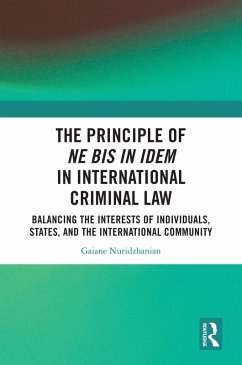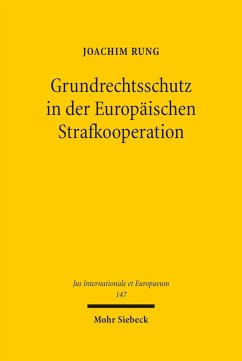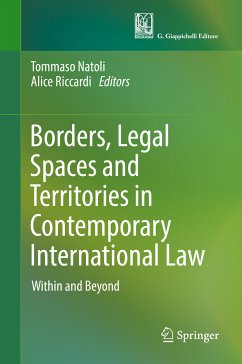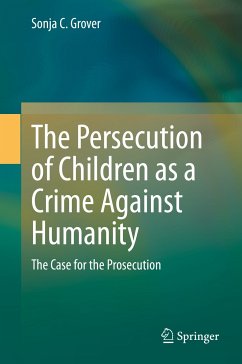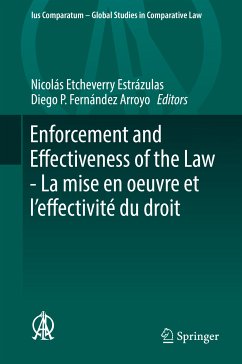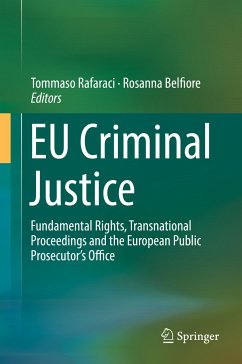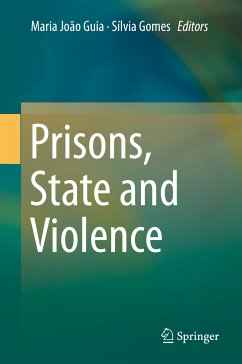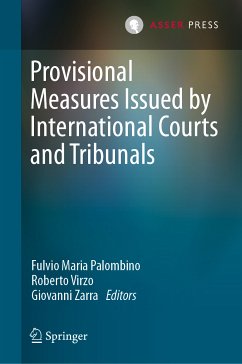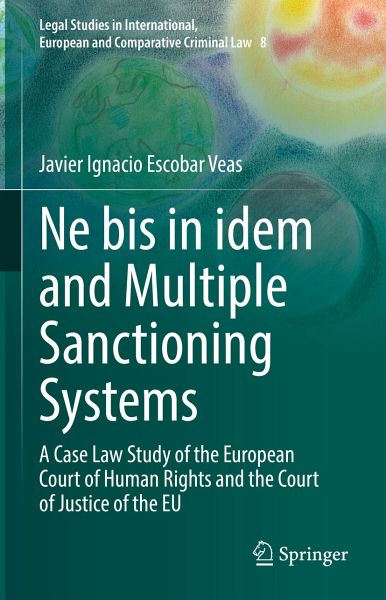
Ne bis in idem and Multiple Sanctioning Systems (eBook, PDF)
A Case Law Study of the European Court of Human Rights and the Court of Justice of the EU
Versandkostenfrei!
Sofort per Download lieferbar
96,95 €
inkl. MwSt.
Weitere Ausgaben:

PAYBACK Punkte
48 °P sammeln!
The aim of the book is to resolve the question of whether multiple sanctioning systems are contrary to the ne bis in idem under the regulation provided by Protocol 7 to the ECHR and the EU Charter of Fundamental Rights. The first part is a comparative study regarding the lawfulness of multiple sanctioning systems under the ne bis in idem, studying the evolution and the current state of the case law of the United States Supreme Court, the Canadian Supreme Court, the European Court of Human Rights (ECtHR), and the Court of Justice of the European Union (CJEU). The second part of the book critica...
The aim of the book is to resolve the question of whether multiple sanctioning systems are contrary to the ne bis in idem under the regulation provided by Protocol 7 to the ECHR and the EU Charter of Fundamental Rights. The first part is a comparative study regarding the lawfulness of multiple sanctioning systems under the ne bis in idem, studying the evolution and the current state of the case law of the United States Supreme Court, the Canadian Supreme Court, the European Court of Human Rights (ECtHR), and the Court of Justice of the European Union (CJEU). The second part of the book critically analyses three problems with the case law of the ECtHR and the CJEU. Part three deals with reconceptualizing the prohibition of multiple punishment and the prohibition of multiple prosecutions. Finally, the fourth part addresses other possible protections against multiple sanctioning systems. Two other safeguards that limit multiple sanctioning systems are the prohibition of disproportionate sanctions and the right to be tried within a reasonable time.
Dieser Download kann aus rechtlichen Gründen nur mit Rechnungsadresse in A, B, BG, CY, CZ, D, DK, EW, E, FIN, F, GR, HR, H, IRL, I, LT, L, LR, M, NL, PL, P, R, S, SLO, SK ausgeliefert werden.



